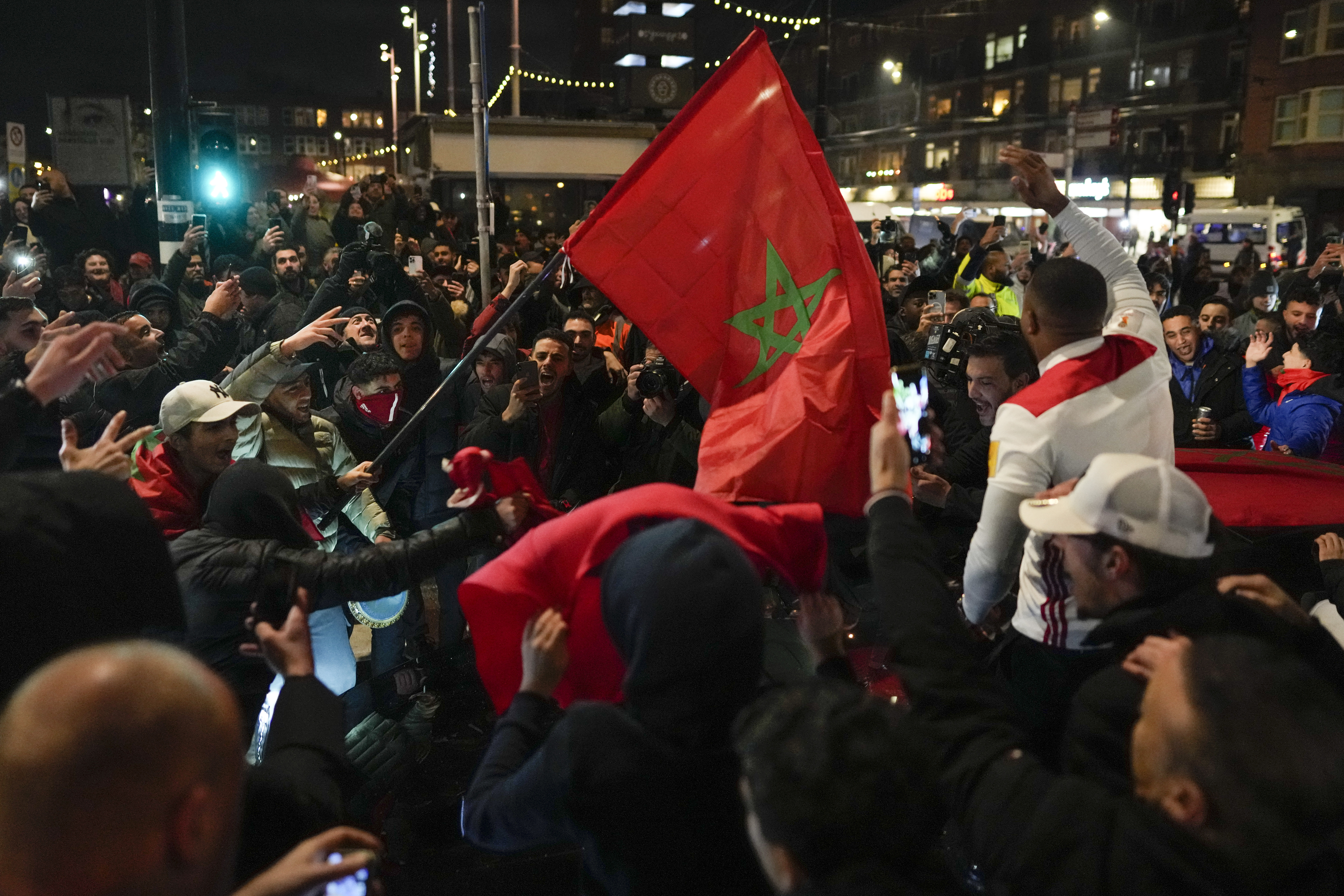A deal negotiated in secret between Morocco and the Dutch government to facilitate the easier expulsion of illegal migrants from the Netherlands has had “hardly any effect,” according to an analysis conducted by the joint research editors of NOS and Nieuwsuur.
The agreement on greater cooperation between the two countries was signed in July 2021 but was only made public in December last year.
The basis of the deal would see Morocco provide emergency travel documents for its own nationals illegally residing in the Netherlands, and in exchange, the Dutch government would refrain from commenting on internal affairs in Morocco and would support a Moroccan cultural center in Amsterdam.
However, a NOS/Nieuwsuur investigation into how effective the agreement has been in practice makes grim reading for Dutch Prime Minister Mark Rutte’s administration.
Between January 2022 and March 2023, less than 10 percent of the Moroccan nationals that Dutch immigration officials asked Rabat to provide emergency travel documents for were forcibly deported.
A total of 375 individuals were deemed eligible by the Dutch government for deportation, but just 43 received the necessary documentation to be accepted back in Morocco, and only 32 people eventually left the Netherlands with some seeking judicial intervention to prevent their deportation.
[pp id=70646]
The agreement, described by Dutch State Secretary for Asylum Eric van der Burg as the “bilateral action plan,” also “appears to have no deterrent effect,” the investigative report states. In the first three months of this year, asylum applications in the Netherlands by people from Morocco have increased.
During a visit to Rabat earlier this year, van der Burg told reporters that since the action plan had come into force, 125 Moroccan nationals had returned to the country. However, the NOS/Nieuwsuur report states that the majority of these were voluntary deportations, many of which would have been based on deals reached between convicts and the Dutch government in exchange for shorter prison sentences.
The report states that asylum centers across the Netherlands, most notably in Ter Apel and Budel, have not noticed the effects of the deal with Morocco, and local government officials in large Dutch cities are still finding it almost impossible to expel unwanted migrants from the Arab nation.
State Secretary Van der Burg has reportedly admitted there are still many difficulties with ejecting Moroccan nationals found to be residing in the country unlawfully, and he highlighted the fact that many attempt to block their deportations in the courts or continuously evade authorities.
[pp id=69555]
He further explained that the Moroccan embassy will still only issue emergency travel documents for those they can personally identify, and thus, if an individual refuses to cooperate with attempts to identify themselves to the authorities, there is no other alternative but for them to remain in the Netherlands.
The Rutte administration is reportedly seeking to introduce a legal requirement for foreign nationals to cooperate in identification processes. The government also insists it is exploring ways to introduce new powers to detain such individuals to mitigate evasion tactics. However, without such measures in place presently, the agreement reached almost two years ago isn’t worth the paper it is written on.
Following the report’s publication on Friday, critics of the government took the opportunity to slam the Rutte administration for its record on immigration.
Party for Freedom leader Geert Wilders tweeted: “What a loss for Rutte. The borders are wide open. There is no asylum stop. A lousy Morocco deal. The Netherlands is in decline.”
He called on “the prime minister of false promises” to resign, and urged voters to let him take the reins.
“Let me do it. Necessity knows no law. Ignore EU rules. Close borders. Zero asylum seekers and the scum out!” he added.






